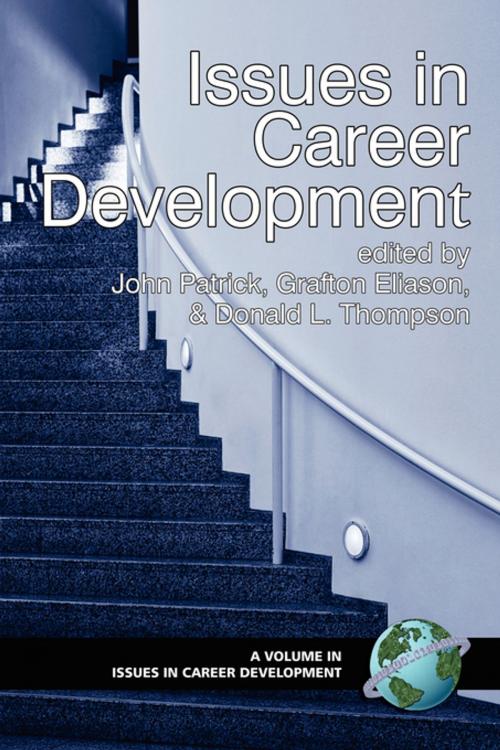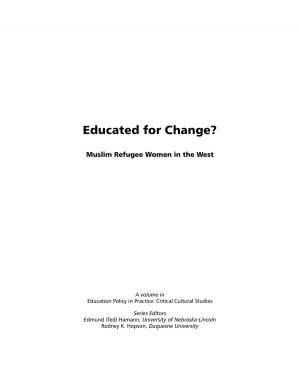Issues in Career Development
Nonfiction, Reference & Language, Education & Teaching, Educational Theory, Leadership, Business & Finance| Author: | ISBN: | 9781607525462 | |
| Publisher: | Information Age Publishing | Publication: | November 1, 2005 |
| Imprint: | Information Age Publishing | Language: | English |
| Author: | |
| ISBN: | 9781607525462 |
| Publisher: | Information Age Publishing |
| Publication: | November 1, 2005 |
| Imprint: | Information Age Publishing |
| Language: | English |
This volume will examine the historical emergence of the concept of career including early ideas about the meaning and role of work and how it fits with life. The concept of career development is of relatively recent origin. It was not until the early 20th Century that serious attention was given to the role of work and career as it applied to the common man. While the concept of “vocation” has historical roots that date back centuries, vocation (or calling) was typically only applied to the professions of the clergy, law and medicine. These individuals had careers, while the common man had a job. Perhaps the most significant event that changed both the labor market and the associated sociocultural values about work was the 2nd World War. The technological advances that were brought about by the war were profound in terms of changing the nature of work, and the war brought about a significant change in the gender makeup of our labor force as millions of women entered the labor market to support the war effort. The combined effects of technology, a radical new value system, and a burgeoning economy changed everything.
This volume will examine the historical emergence of the concept of career including early ideas about the meaning and role of work and how it fits with life. The concept of career development is of relatively recent origin. It was not until the early 20th Century that serious attention was given to the role of work and career as it applied to the common man. While the concept of “vocation” has historical roots that date back centuries, vocation (or calling) was typically only applied to the professions of the clergy, law and medicine. These individuals had careers, while the common man had a job. Perhaps the most significant event that changed both the labor market and the associated sociocultural values about work was the 2nd World War. The technological advances that were brought about by the war were profound in terms of changing the nature of work, and the war brought about a significant change in the gender makeup of our labor force as millions of women entered the labor market to support the war effort. The combined effects of technology, a radical new value system, and a burgeoning economy changed everything.















